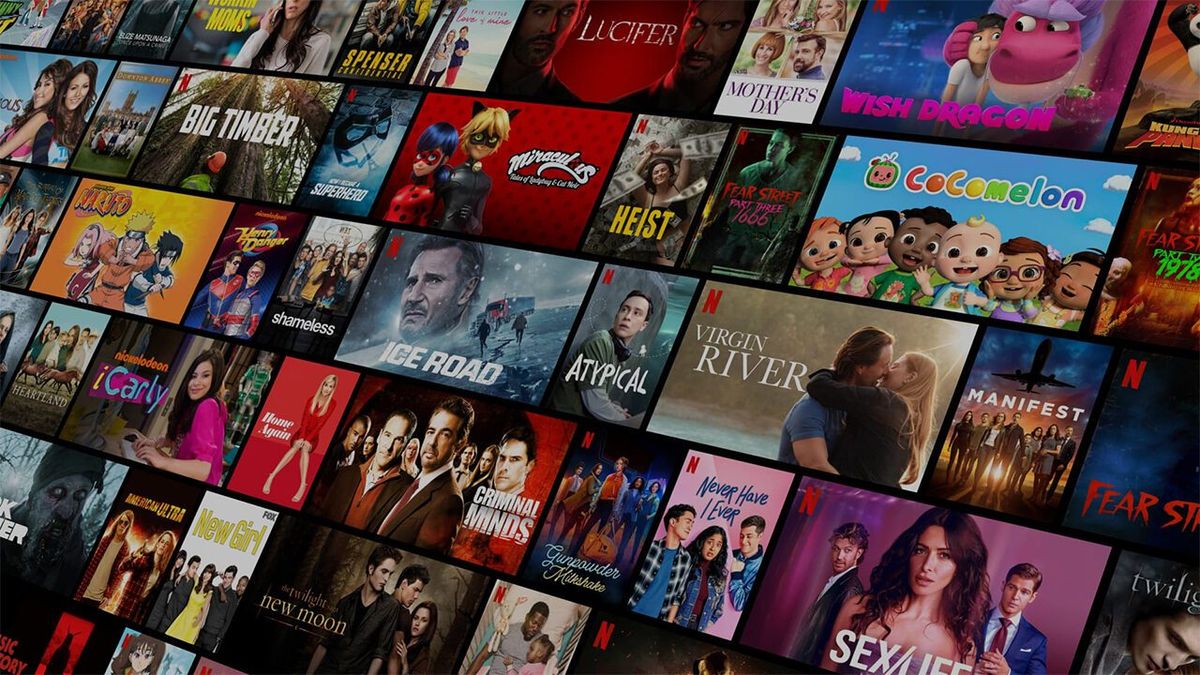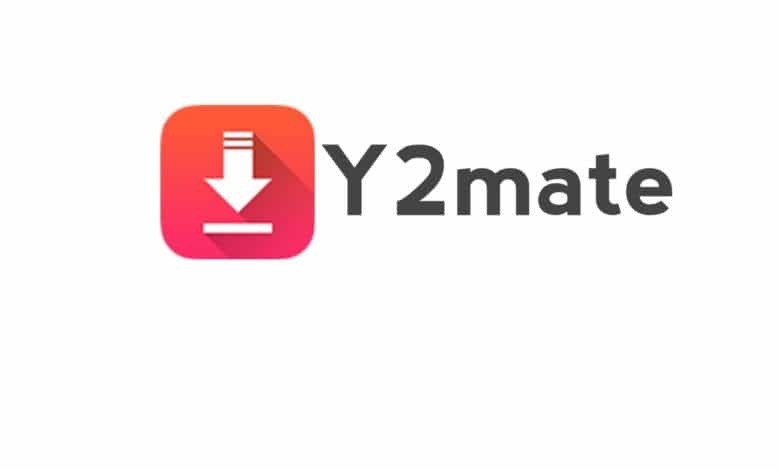The digital world has given rise to niche content communities and platforms catering to virtually every imaginable interest or fetish. Among these, certain terms stand out for their controversial nature and moral ambiguity. One such term, “Incestflox,” has been gaining attention online, sparking debates about ethics, legality, and digital consumption habits.
What is Incestflox?
“Incestflox” appears to be a keyword or branding associated with a category of adult content that uses themes of incest—often fictional and framed with disclaimers—to attract viewers. While such content typically includes actors and legal disclaimers ensuring all participants are adults and not actually related, the taboo nature of the theme makes it one of the most debated in the online adult industry.
The Psychology of Taboo Content
Taboo content like that tagged under “Incestflox” is often consumed not because viewers literally endorse the theme, but due to the psychological thrill that comes from breaking societal boundaries—even in a fictional setting. This is a well-documented phenomenon in adult media, where the allure lies in fantasy, not reality.
However, this doesn’t shield the trend from ethical scrutiny. Many argue that even fictional depictions normalize or desensitize viewers to real-world harm, especially when the subject matter involves familial relationships.
Legal Boundaries and Platform Policies
Most countries have strict laws surrounding incest, child protection, and pornography. While content under the label “Incestflox” often falls within legal gray zones by portraying fantasy scenarios with consenting adults, it’s still heavily regulated or outright banned on many mainstream platforms.
Popular websites often enforce bans on specific keywords or themes, including incest, due to both legal risks and community guidelines. As a result, content like this often migrates to more niche or underground platforms with fewer restrictions.
Ethical and Cultural Criticism
Critics argue that the prevalence of incest-themed content online may contribute to a cultural erosion of norms and blur the boundaries between fantasy and morality. Some scholars and advocacy groups call for stricter regulation and awareness campaigns to educate consumers about the potential harms of such material.
On the other hand, free speech advocates warn against excessive censorship, arguing that fictional content should not be equated with real-world actions, especially when all legal and ethical standards are met during production.
Conclusion: A Mirror of Digital Desires and Dilemmas
The keyword “Incestflox” is a stark reminder of the complexity of internet culture. It embodies the intersection of fantasy, legality, morality, and digital freedom. As online content continues to diversify, society will need to grapple with where to draw the line between personal freedom and collective responsibility.
Whether viewed as an unsettling trend or a harmless fantasy, Incestflox forces us to confront deeper questions about the role of media in shaping—and reflecting—our cultural boundaries.



